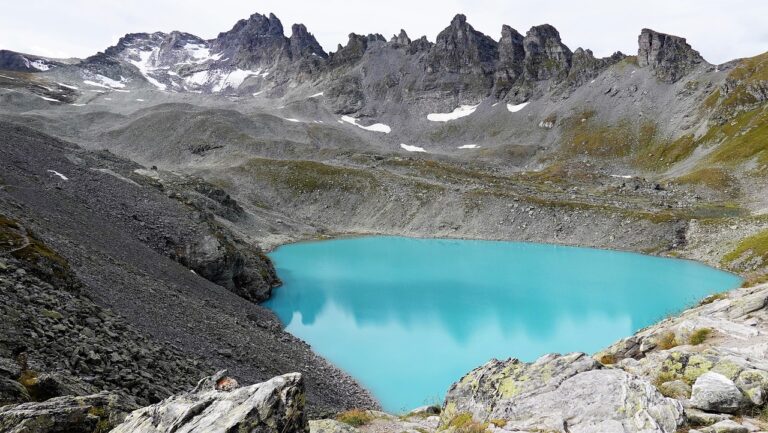Sustainable Adventure Travel: How to Explore the Great Outdoors Responsibly
When venturing into natural areas, it is imperative to show respect and consideration for the environment and local communities. Littering and disrupting wildlife can have lasting negative impacts on the delicate ecosystems within these areas. To minimize your footprint, follow designated trails, stay on marked paths, and avoid disturbing plants and animals.
Additionally, be mindful of noise levels and avoid playing loud music or creating disturbances that can disrupt the natural peace of the surroundings. Take the time to appreciate the beauty of the landscape and immerse yourself in the serenity of the natural world without leaving a trail of noise pollution behind.
Stay on designated trails and marked paths
Avoid disturbing plants and animals
Be mindful of noise levels
Appreciate the beauty of the landscape without leaving noise pollution
Choosing Eco-Friendly Accommodations
Eco-friendly accommodations play a crucial role in minimizing the environmental impact of travel. When selecting where to stay, opt for hotels, lodges, or guesthouses that have implemented sustainable practices. Look for establishments that prioritize energy efficiency, water conservation, waste reduction, and the use of environmentally friendly products.
Additionally, consider choosing accommodations that support local communities and wildlife conservation efforts. By staying at eco-friendly establishments that engage in ethical practices, you can contribute positively to the destinations you visit. This way, you not only enjoy a responsible and guilt-free stay but also support the preservation of natural resources and local cultures.
Minimizing Waste While Traveling
One crucial aspect of responsible travel is minimizing waste while on the go. This entails being mindful of the products we use and the packaging they come in. One simple way to reduce waste is by bringing along reusable items such as a water bottle, utensils, and tote bags. By using these items instead of single-use plastics, we can significantly cut down on the amount of waste we generate during our travels.
Another effective way to minimize waste while traveling is by being conscious of the products we purchase. Opting for products with minimal packaging or choosing items that can be easily recycled can make a big difference. Additionally, it’s important to properly dispose of any waste generated during our travels by using designated recycling bins or trash receptacles. By taking these small steps, we can play a part in protecting the environment and reducing our impact on natural areas.
What are some responsible travel practices in natural areas?
Some responsible travel practices in natural areas include staying on designated trails, packing out all trash, respecting wildlife and their habitats, and minimizing pollution by using eco-friendly products.
How can travelers choose eco-friendly accommodations?
Travelers can choose eco-friendly accommodations by looking for certifications such as LEED or Green Key, supporting hotels with recycling programs and energy-efficient practices, and opting for accommodations that prioritize sustainability.
How can I minimize waste while traveling?
To minimize waste while traveling, you can bring reusable water bottles, utensils, and bags, avoid single-use plastics, recycle whenever possible, and support local businesses that prioritize sustainability practices.
What can travelers do to reduce their carbon footprint while traveling?
Travelers can reduce their carbon footprint while traveling by using public transportation, walking or biking whenever possible, supporting eco-friendly tour operators, and offsetting their carbon emissions through reputable organizations.





